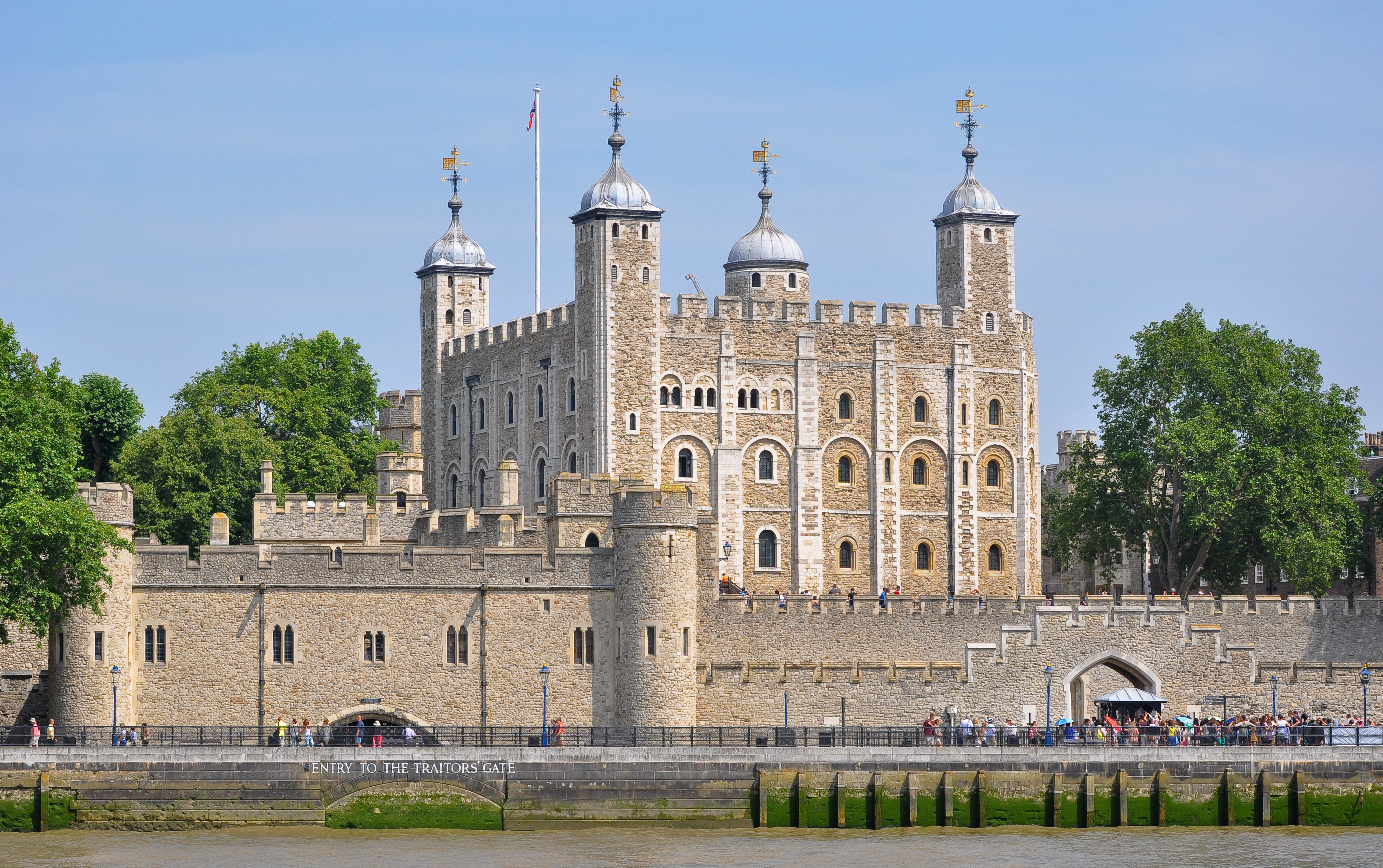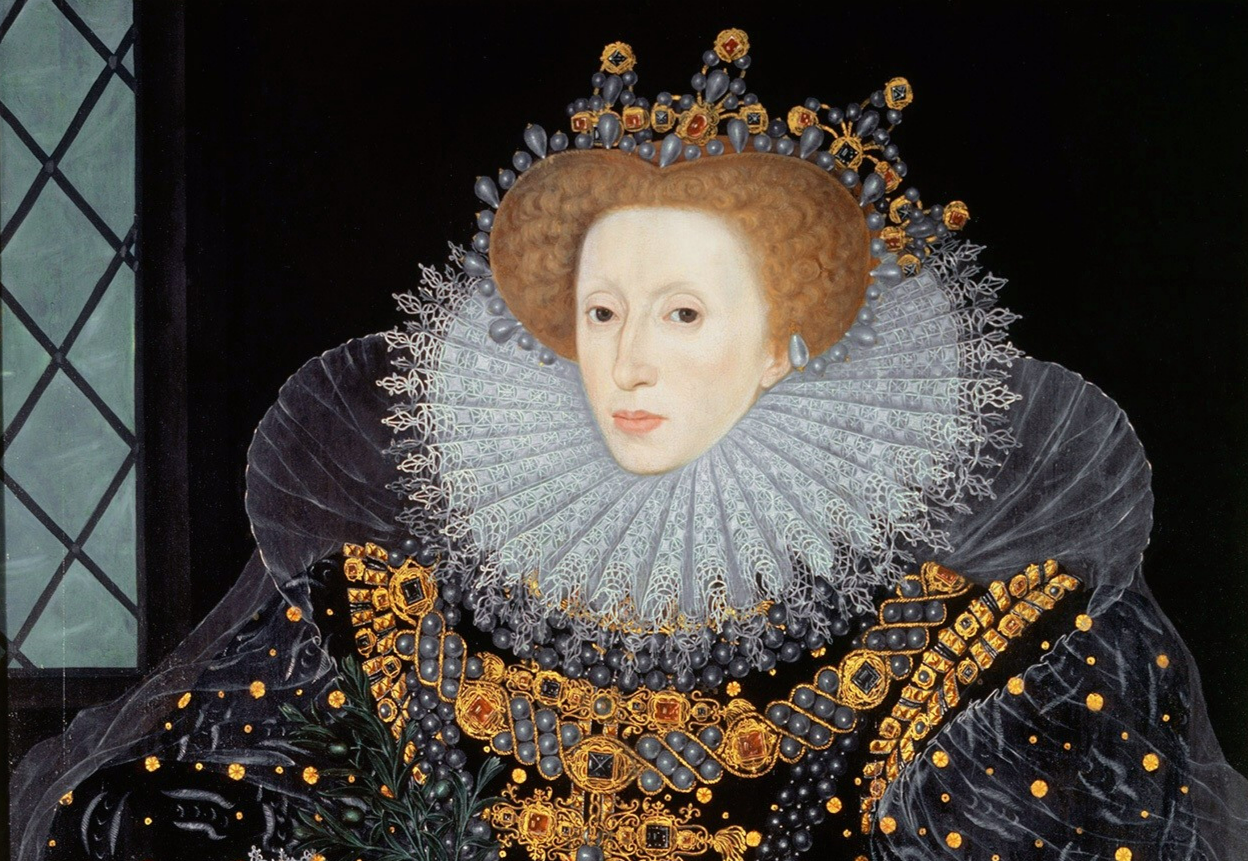Sir Walter Raleigh was a fearless adventurer and famed explorer of the Elizabethan Age. He introduced tobacco to England, searched for the golden city of El Dorado, and enjoyed the favor of Queen Elizabeth I. But for all his success, Raleigh’s ambition led to his downfall through a fatal political miscalculation and misjudgment of royal power.
A Trusted Favorite Of Queen Elizabeth I
Raleigh rose rapidly through the ranks of Elizabeth I’s court thanks to his charisma, intellect, and military service. He became one of the queen’s most trusted favorites, earning land, titles, and access to the corridors of power. His status allowed him to fund expeditions to the New World and expand England’s colonial ambitions. But his fortunes followed the queen’s favor, and when she died in 1603, everything changed.
The Accession Of James I And A Shift In Fortune
When Elizabeth died, King James VI of Scotland took the English throne as James I. Unlike Elizabeth, James didn’t care much for Raleigh. James wanted peace with Spain, while Raleigh urged further conflict. Raleigh also had enemies at court who saw the new king as an opportunity to get rid of him. His political isolation made him vulnerable to accusations.
The Gunpowder Plot That Wasn’t
In 1603, Raleigh was implicated in the Main Plot, a supposed conspiracy to remove King James and replace him with Arabella Stuart, a distant relative with a claim to the throne. Evidence against Raleigh was based largely on hearsay and coerced testimony. But in the charged political atmosphere of the time, Raleigh was convicted of treason and sentenced to death.
A Reprieve And Years In The Tower
Though sentenced to death, Raleigh was given a reprieve and was instead locked up in the Tower of London for 13 years. During this time, he wrote profusely, producing his book History of the World. But Raleigh still dreamed of reclaiming his fortune and fame. He constantly petitioned for release and offered to serve the king by seeking treasure and colonies in South America.
 Bob Collowan, Wikimedia Commons
Bob Collowan, Wikimedia Commons
The Second Expedition To El Dorado
In 1616, Raleigh finally convinced James to let him lead a new expedition to find El Dorado, the fabled city of gold. But he was forbidden from attacking any Spanish settlements, as England and Spain were at peace. Desperate to recapture his lost glory, Raleigh set off. His voyage was a disaster. His men attacked the Spanish, resulting in bloodshed and the death of Raleigh’s son.
Breaking The King's Command
Raleigh’s greatest mistake wasn’t the failed expedition, but defying the king’s clear orders. By attacking the Spanish settlement of San Thomé, Raleigh broke the terms of his release and endangered England’s diplomatic standing. The Spanish ambassador demanded justice. With England’s relationship with Spain on the line, James I saw Raleigh as a handy scapegoat.
The Execution Order Revived
Upon Raleigh’s return in 1618, he was arrested and charged with reviving his old treason sentence from 1603. It was a legal technicality and a piece of political opportunism. The king, under pressure from Spain and his own advisors, ordered that the sentence be carried out. Raleigh, once one of the stars in Elizabeth’s court, was taken to the executioner’s block.
Facing Death With Courage And Wit
On October 29, 1618, Sir Walter Raleigh was executed at Westminster. In his final moments, he retained his typical wit. Observing the axe, he reportedly said, “It is a sharp Medicine, but it is a Physician for all diseases.” He died with dignity, becoming a symbol of the perils of political ambition and the fickleness of royal favor.
A Legacy Tarnished And Remembered
Raleigh’s downfall shows how quickly fortunes can change at court. Raleigh was bold and brilliant, but he miscalculated. Disregarding royal orders, he wrongly thought he was indispensable. Though Raleigh was a victim of royal politics, he’s still remembered today as a daring spirit who lived boldly to the end.

History's most fascinating stories and darkest secrets, delivered to your inbox daily.
A Fatal Misstep
Sir Walter Raleigh’s downfall wasn’t due to straight up treason, but to a combination of defiance, ambition, and bad timing. His mistake was to disobey a king who couldn’t afford disobedience. It cost him his dreams of El Dorado, and ultimately, his life. In the world of Tudor and Stuart politics, even the brightest could fall with terrifying suddenness.
You May Also Like:
Regal Facts About Elizabeth Stuart, The Winter Queen
A Metal Detectorist Just Found A Priceless Tudor Treasure













